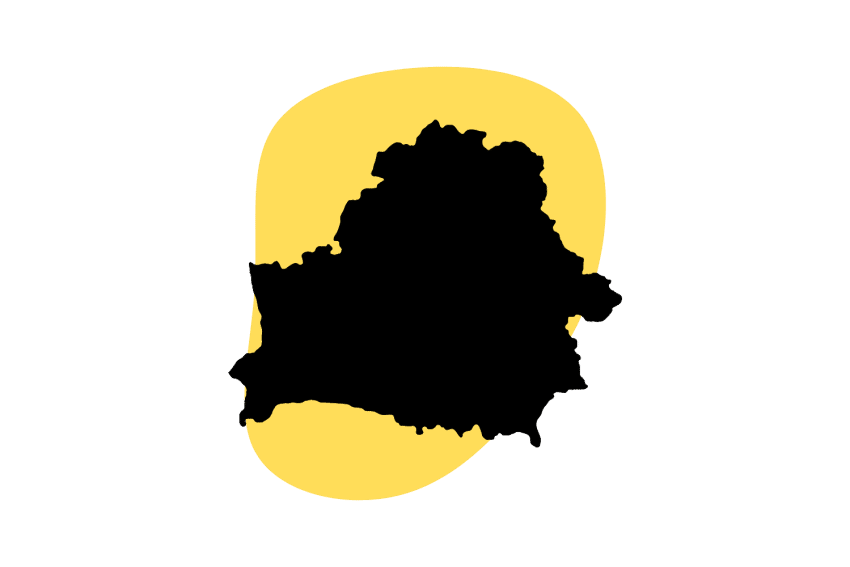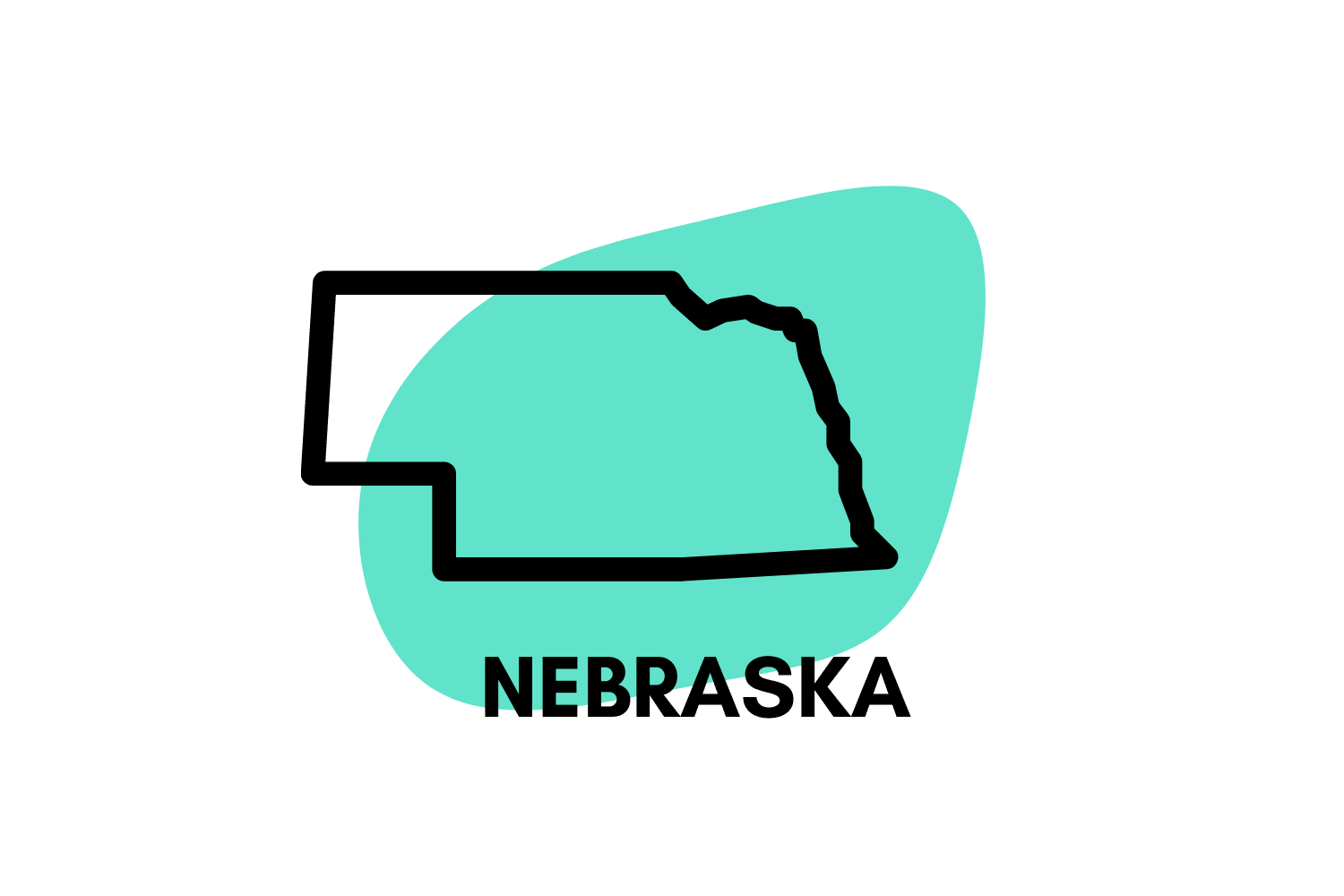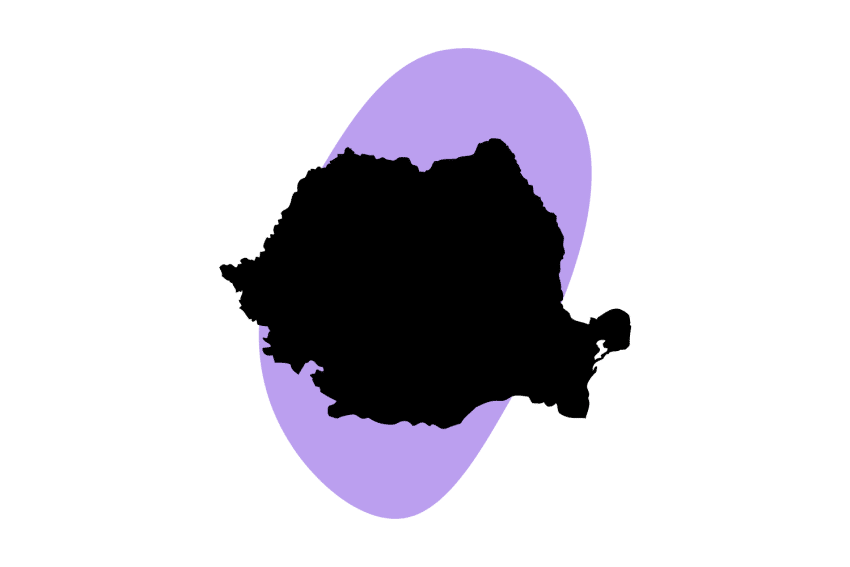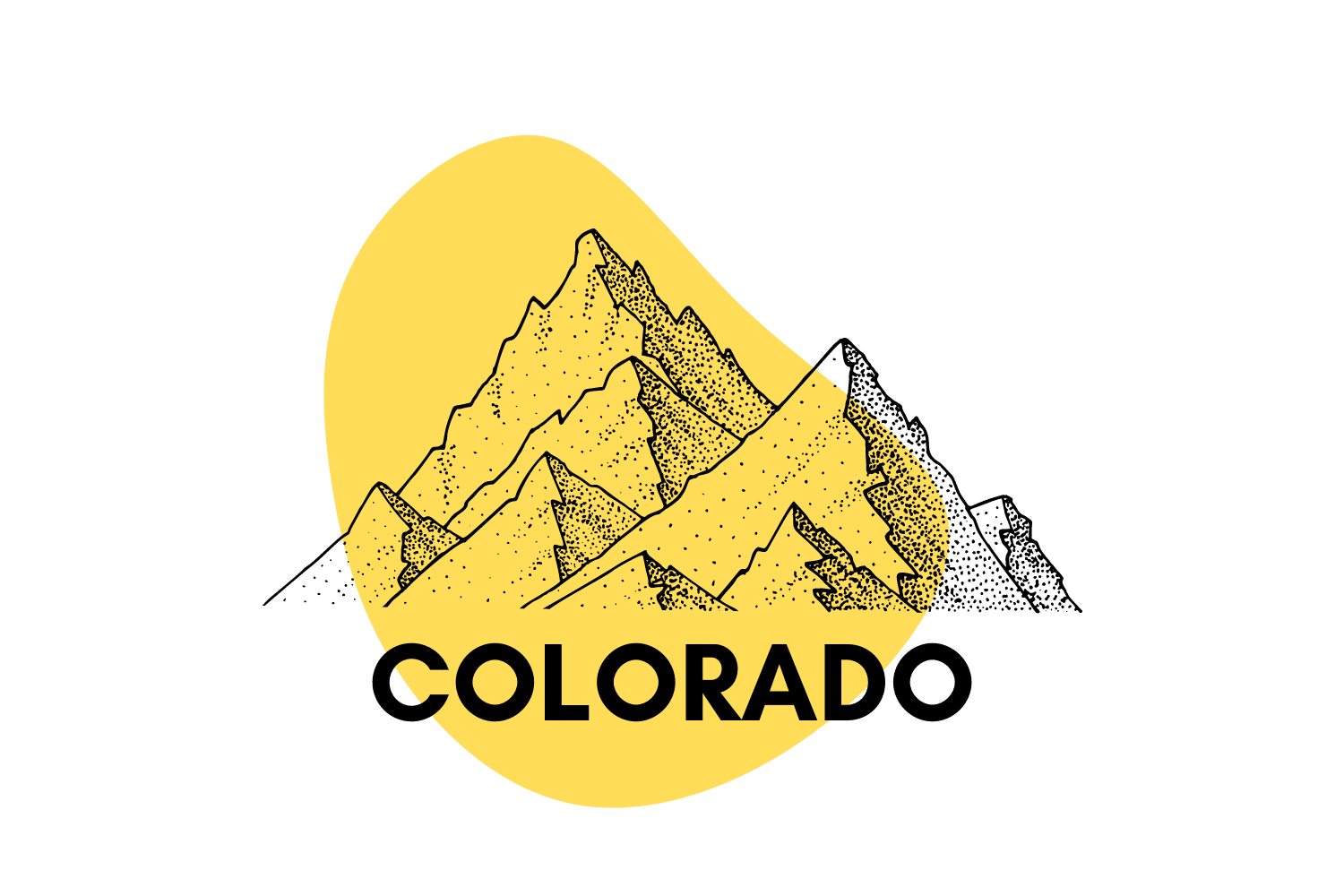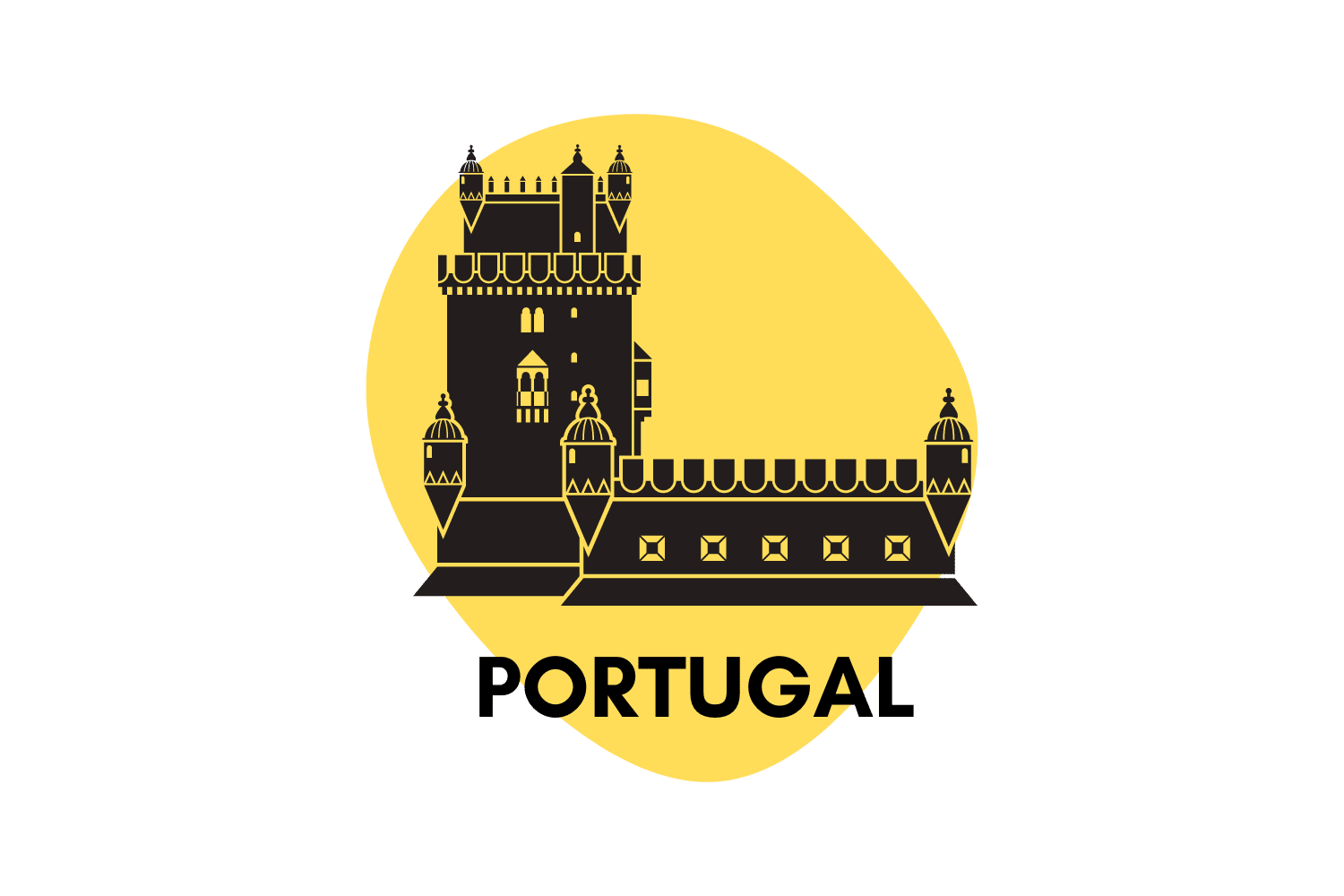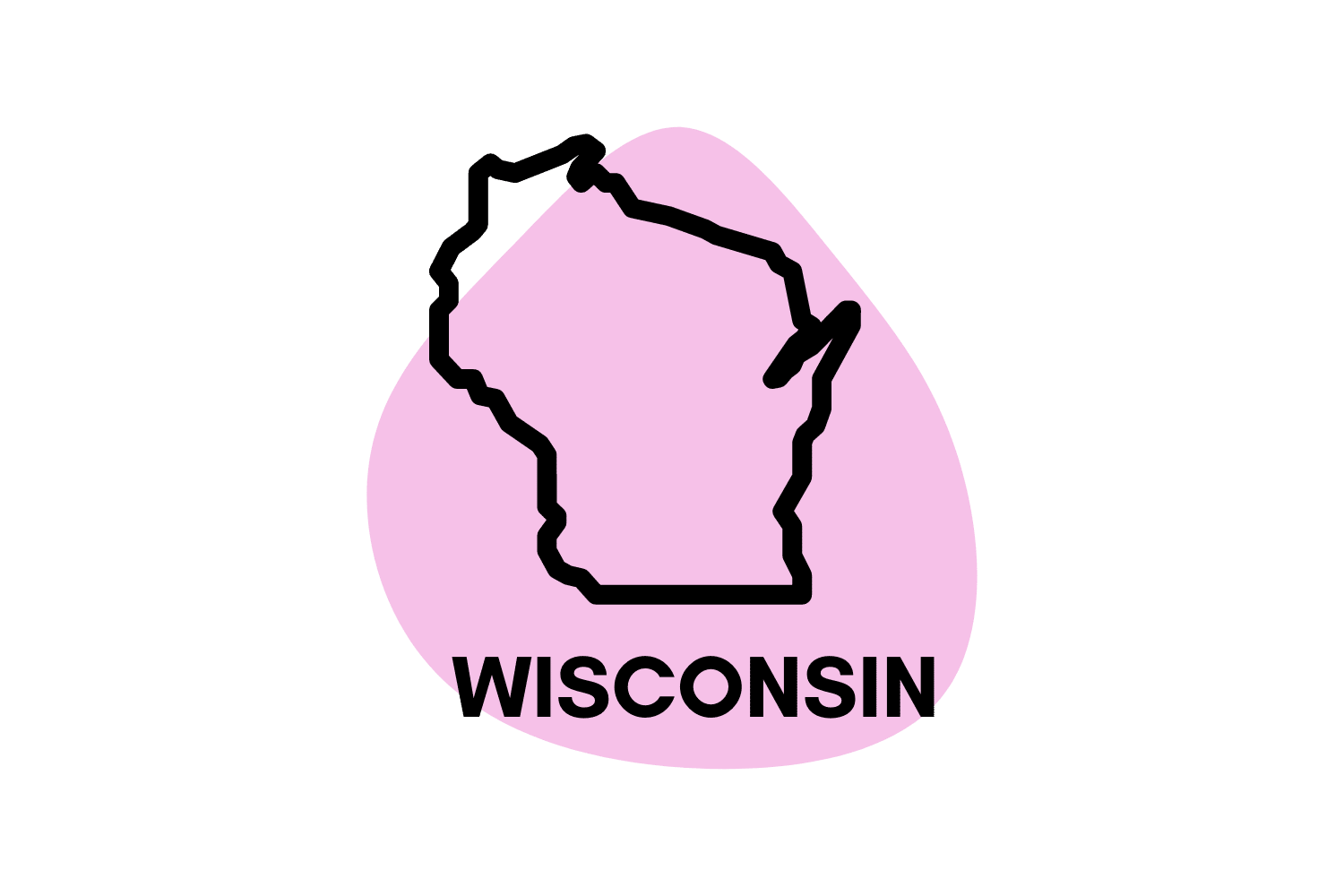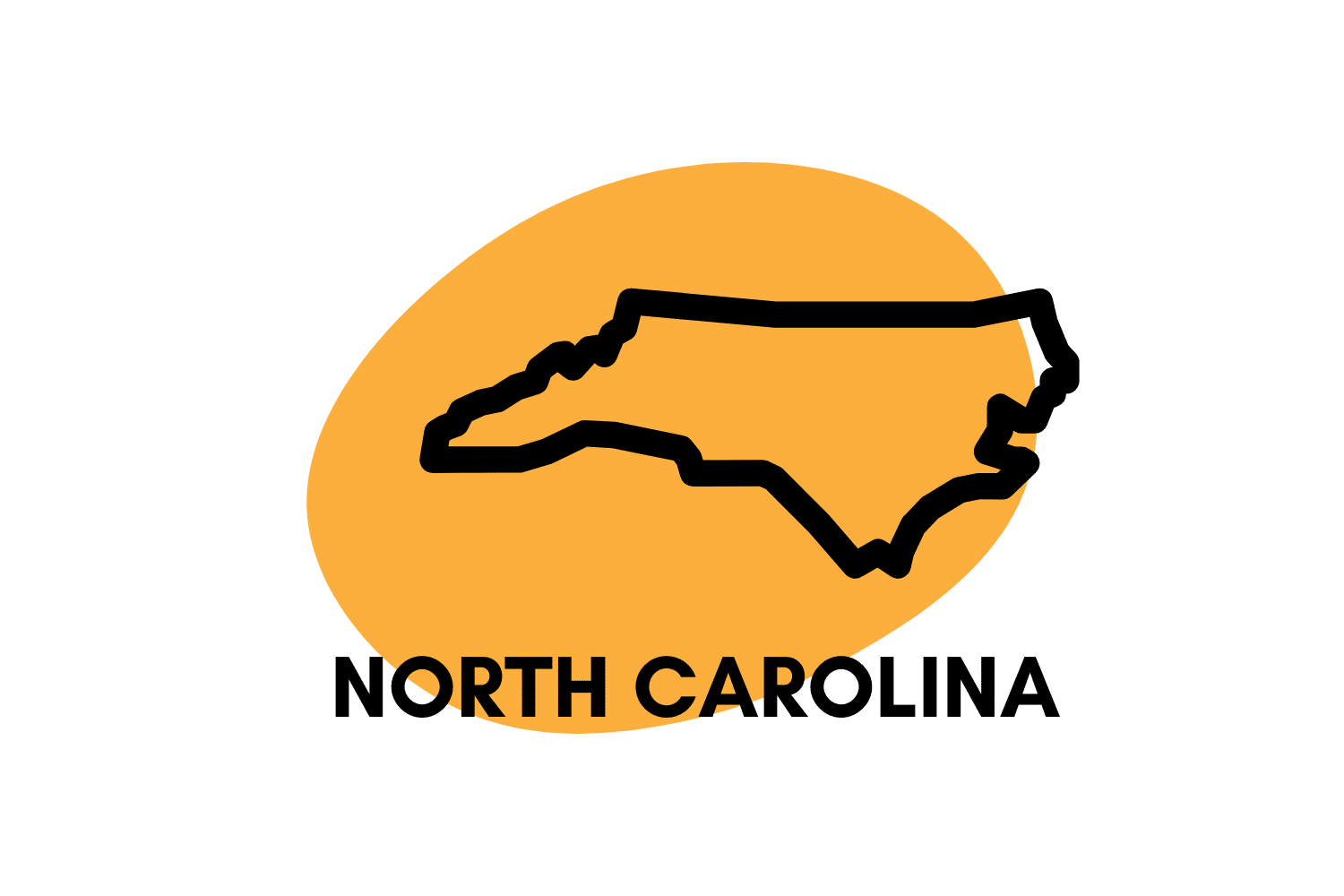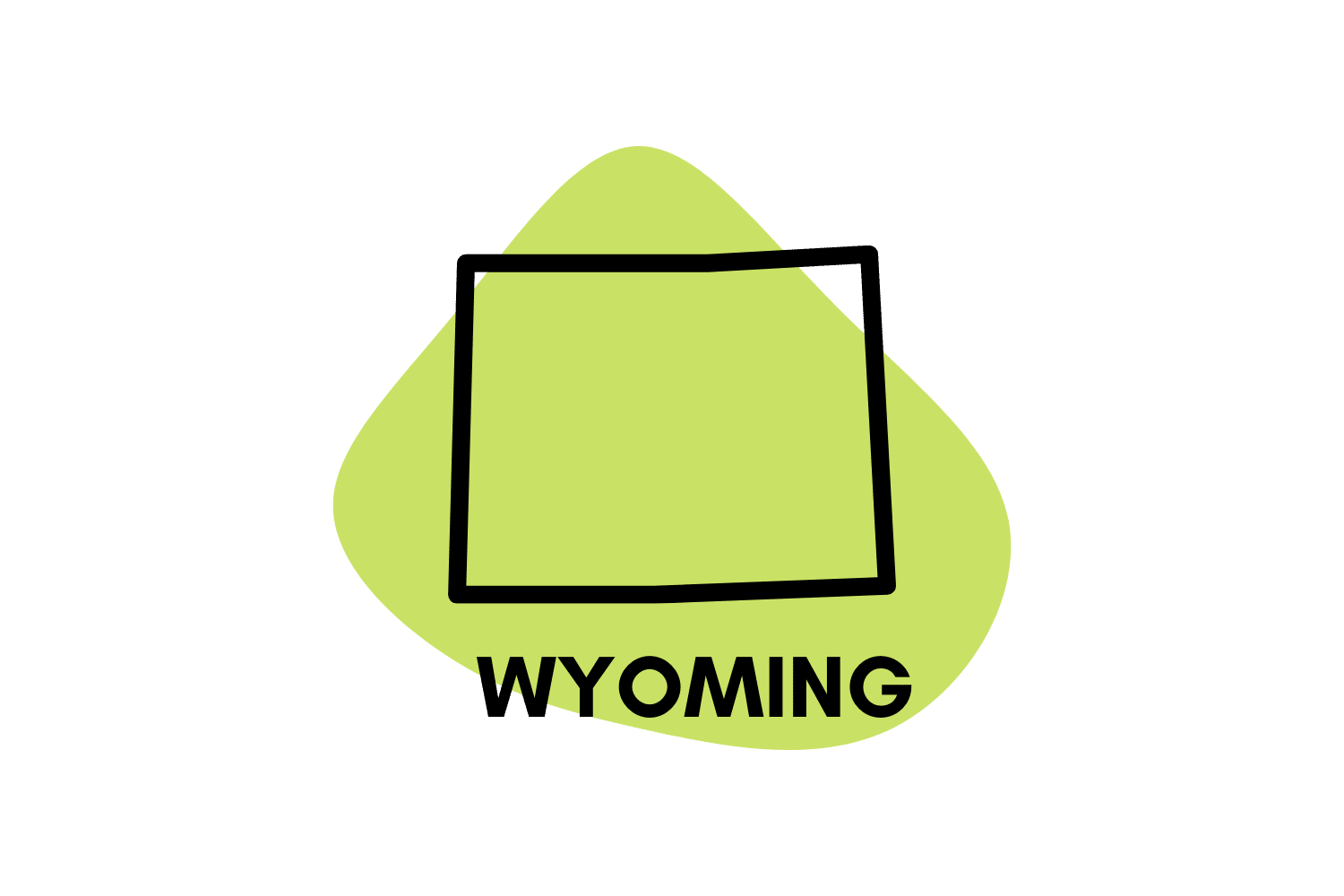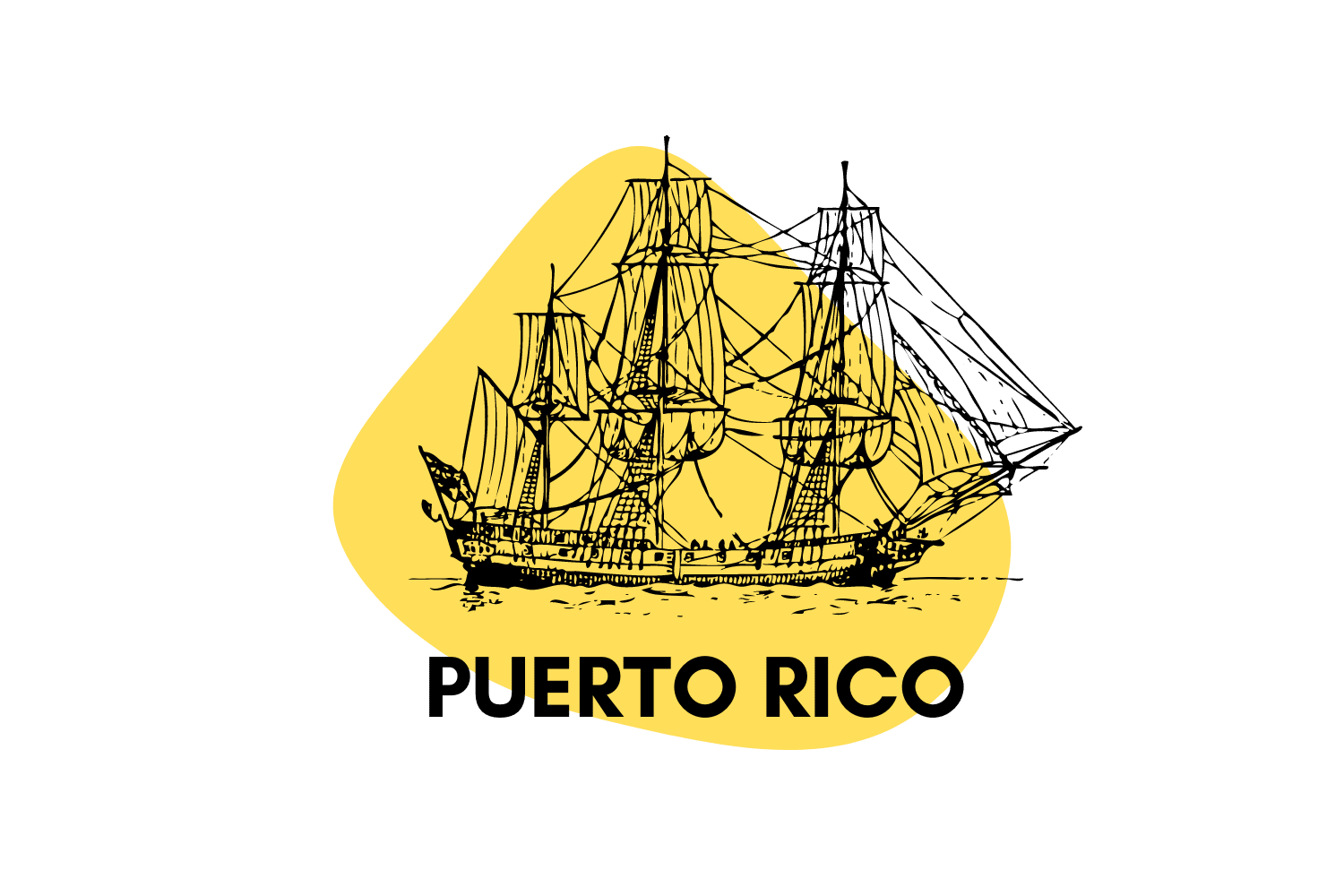Psychedelic Drug Laws in Vermont: So Close & Yet So Far
Drug decriminalization would have been the only thing sweeter than Vermont’s maple syrup 🥞
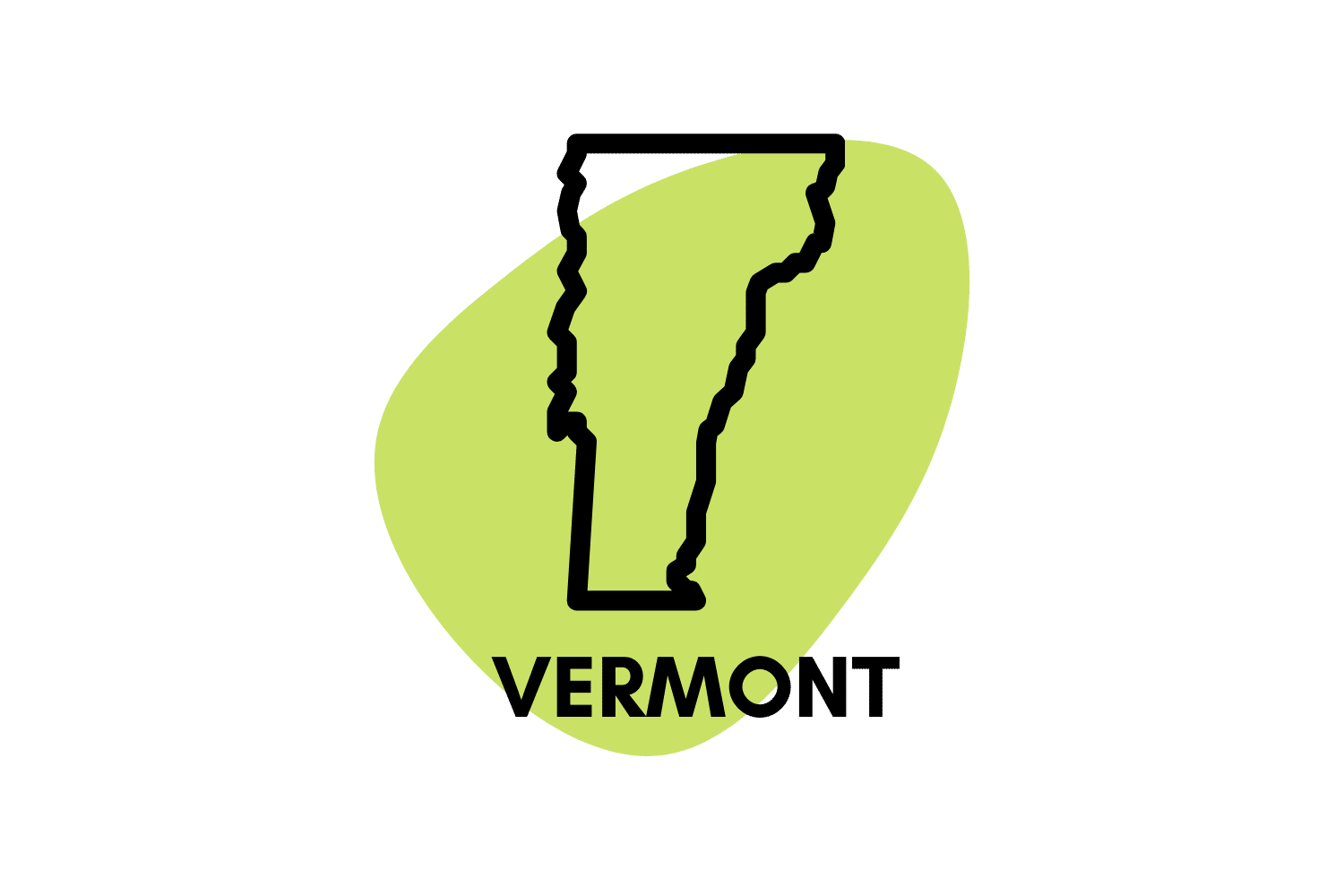
Vermont is on the verge of decriminalizing all drugs. Lawmakers are currently reviewing the issue, but the outcome won’t arrive until 2022.
Until then, possessing MDMA, LSD, magic mushrooms, ketamine, and other psychedelics is considered a felony in Vermont. Read on to learn about the penalties and the future of psychedelics in the Green Mountain State.
Are Magic Mushrooms Legal in Vermont?
Psychedelic mushrooms are currently illegal in Vermont.
Possessing psilocybin (the active ingredient in magic mushrooms) can lead to a sentence of up to one year in prison or $2000 in fines. You can find all the details in the Vermont Health Statute (18 VSA § 4235).
Thanks to the latest research, Vermont state authorities recently reconsidered the legality of psychedelics with bill H.878. They sought to decriminalize all drugs with bill H.644, but both died in committee. Some experts, including researchers at John Hopkins Medicine, are even calling for the reclassification of magic mushrooms at the federal level.
The exception to this rule is magic mushroom spores. Like most US states, the spores of psychedelic mushrooms are perfectly legal because they don’t contain any of the active psilocybin.
However, using spores to grow magic mushrooms is still considered illegal.
Map of Magic Mushroom Laws In the USA
Do Magic Mushrooms Grow Wild in Vermont?
Yes, some magic mushrooms can be found growing in the state of Vermont — especially in the state’s northern forests. Magic mushroom species tend to prefer cool, moist locations with plenty of decaying organic material (such as leaves, bark, or manure). They’re often found in city parks that use woodchips and manure for mulch or fertilizer.
In Vermont, you may find the following species of magic mushrooms:
- Psilocybe cyanescens (found in places with lots of decaying wood)
- Psilocybe cubensis (found in the hottest spots in Vermont)
- Psilocybe baeocystis (found in forests with many Douglas fir trees)
What Are the Medicinal Benefits of Shrooms?
Nowadays, it’s common to hear about the medicinal uses of magic mushrooms. This medicinal value is the main driver behind the decriminalization and legalization movements sweeping across the US and other parts of the world.
There have already been dozens of clinical trials on the subject, many of which have shown significant promise for treating some of the world’s most challenging mental health problems.
Psilocybin treatment protocols have (so far) been shown to help with the following:
- Addiction & substance abuse
- Cluster headaches
- Depression
- Existential anxiety in cases of terminal illness
- Post Traumatic Stress Disorder (PTSD)
- Problem-solving & creativity
This is just the tip of the iceberg regarding the healing capacity of magic mushrooms and other tryptamine psychedelics like LSD, DMT, and mescaline.
These substances have the unique ability to induce mystical experiences and alter our default mode network (DMN), which is intimately involved in how we think, feel, and act. The DMN can lead to rigid thought patterns, preventing us from breaking out of bad habits or routines and making it difficult to identify and address the source of our mental health problems — such as depression, PTSD, and addiction.
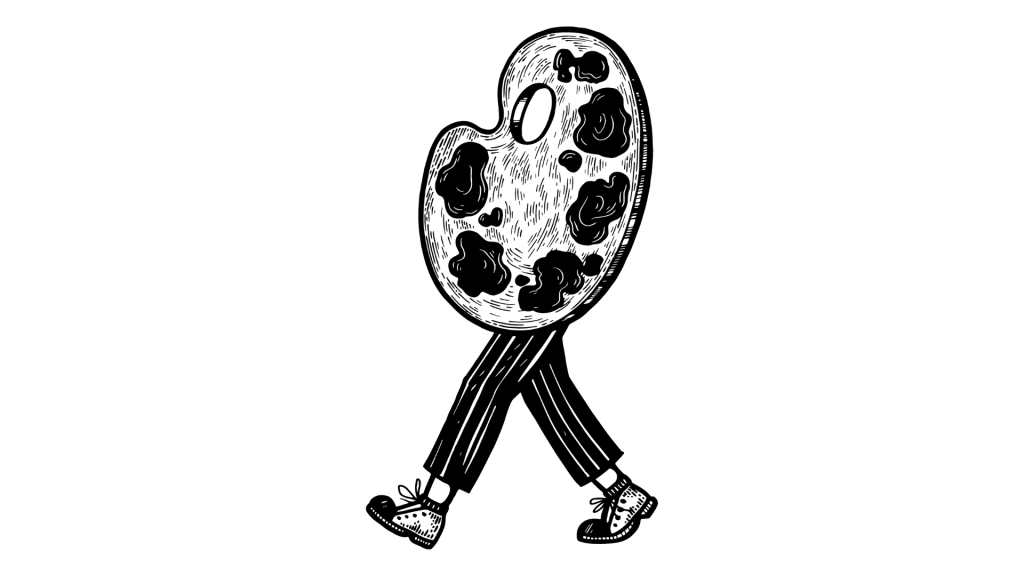
Despite the abstract health benefits psychedelics have to offer, there are virtually no physical side effects. Magic mushrooms act almost exclusively on the mind — exerting little, if any, physiological changes on the rest of the body.
Is LSD Legal in Vermont?
Like magic mushrooms, LSD (lysergic acid diethylamide) is entirely illegal in Vermont.
Vermont state law 18 VSA § 4232 dictates a sentence of up to a year in jail and fines as high as $2000 for people caught possessing LSD.
However, the law is mostly silent on LSD-analogs, such as 1P-LSD, ETH-LAD, AL-LAD, PRO-LAD, ALD-52, or LSZ. While many of these are considered to be in a legal grey area, it’s likely all of these substances are already illegal in Vermont through the Federal Analogue Act.
However, if the authorities pass Bill H. 422, LSD will no longer be criminalized. This doesn’t mean LSD will become legal; it just means those caught in possession of the substance will no longer receive a criminal offense. Instead, the LSD will be confiscated, and a fine will be given to the offender.
Is MDMA Legal in Vermont?
MDMA (3,4-methylenedioxymethamphetamine) and other amphetamine psychedelics are illegal in Vermont. Even with the potential decriminalization laws coming to the state, MDMA, MDA, DOM, and other amphetamines will likely remain illegal for recreational use.
However, there is a movement to legalize the use of MDMA in a clinical setting for the treatment of PTSD, couples therapy, and other forms of professional therapy.
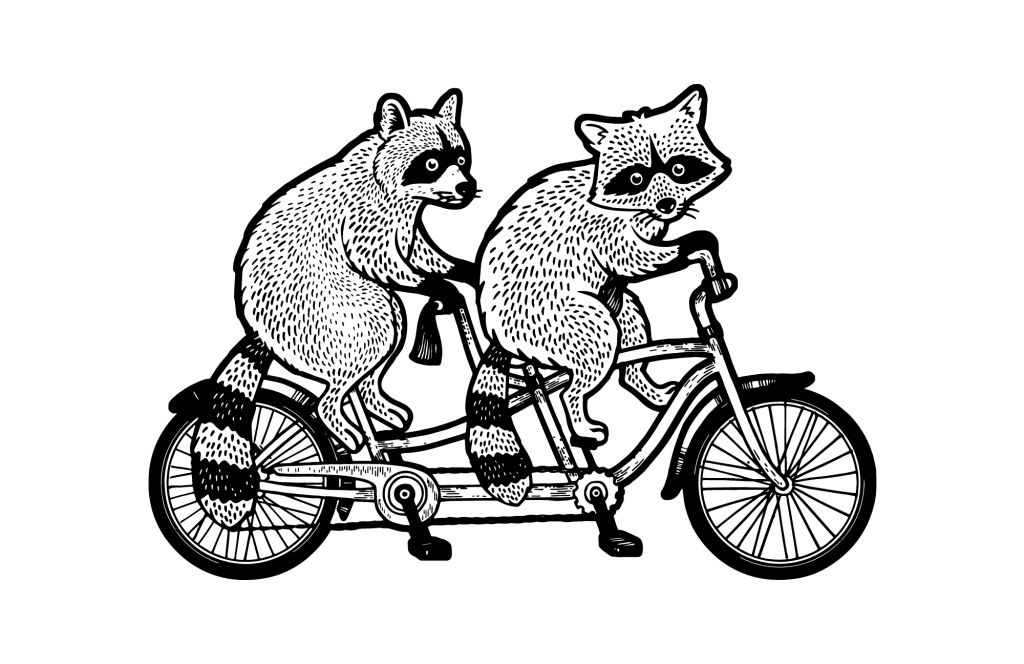
Possessing up to two grams of MDMA can lead to a year in jail or $2000 in fines. You can find all the details in the Vermont Health Statute.
Related: What is Psychedelic-Assisted Psychotherapy?
Is Ketamine Legal in Vermont?
Ketamine is illegal in Vermont.
Ketamine is different from other psychedelics. It’s more of a dissociative than a psychedelic. Rather than inducing mystical experiences or altering sensory perception, ketamine can remove the user from their sense of self. This appears to have similar benefits on mindset and ontological well-being — but works through entirely different mechanisms.
Despite its recognized medical uses, possessing ketamine without authorization can lead to a year in prison or up to $2000 in fines.
It’s unlikely that ketamine will be decriminalized in the upcoming push to decriminalize certain psychedelics in Vermont. Ketamine has a much higher risk for abuse than other psychedelics, such as LSD, magic mushrooms, mescaline, or ayahuasca. Most likely, ketamine will remain legal for medical use only.
Legal Psychoactive Substances in Vermont
Vermont state law is very specific about what substances are illegal. However, federal law also applies, so some prohibited drugs are not listed there.
Still, certain compounds are legal — either because the government doesn’t know about it, or there’s a lack of evidence to suggest they’re unsafe.
For example, herbs such as kanna, salvia and morning glory, and kratom without any problems.
Cannabis is also legal for recreational use in the state of Vermont. You can purchase marijuana products, delta 8 THC, delta 9 THC, delta 10 THC, and just about every other cannabinoid under the sun.
Related: List of Legal Psychoactive Substances Around The World.
What’s the Difference Between Legalization & Decriminalization?
There are some crucial differences between decriminalizing and legalizing a drug. Since Vermont is discussing decriminalization, we’ll explain the basics of each and what makes them different.
Decriminalizing a substance means only canceling or strongly reducing its penalties. However, its sale remains illegal. This helps free up the courts, decrease drug violence, and improve care and treatment for addicts.
Legalization makes it possible to sell and possess the drug for medicinal or recreational use. There are often restrictions that come with legalization (such as quantity limits or age restrictions). When something is legalized, companies gain the ability to manufacture and sell it on a commercial scale.
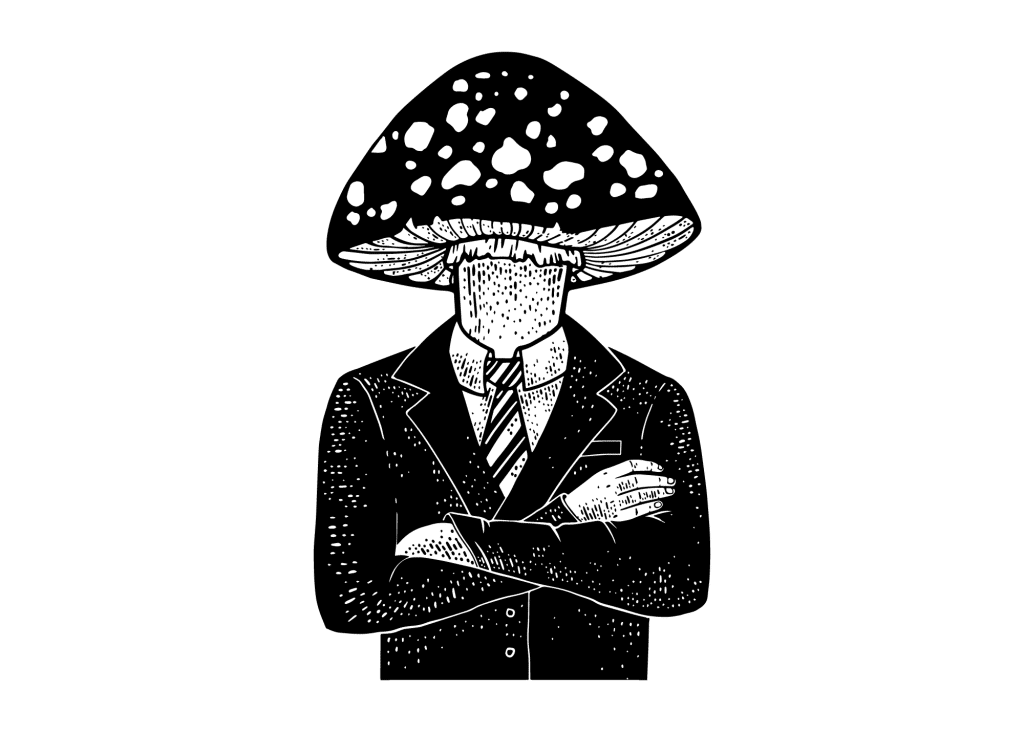
A good example of legalization is cannabis in the state of Vermont. Companies can now sell the plant and pay taxes on the profit legally. If marijuana was decriminalized, penalties would be removed for people caught in possession, but shops would still be banned from selling it.
Key Takeaways: What’s the Future of Psychedelics in Vermont?
Vermont is on its way to decriminalizing most drugs, with Bill H. 422 in 2022. Until then, possessing most psychedelics in the Green Mountain State carries heavy penalties.
Overall, the United States is moving towards legalizing drugs with medicinal uses — including psychedelics.
Stay up to date with changes in Vermont’s psychedelic laws by signing up for our newsletter below!

